Festivals are a unique blend of celebration of not just the customs and culture, but also the appreciation of unity and bondage among our friends, family and the neighbours. In India, every festival or celebration has a huge and immaculate story behind it. Its nitty-gritties are defined by vast cultural and historical occurrences. Every second of the celebration corresponds to an incredible heritage.
With globalization and the influence of western culture, we are noticing a downfall of our respect towards our very own culture and heritage. Our festivals have taken on more of a money-making face, rather than the celebrations face. The funny fact is that the Indians, who promote themselves as belonging to the highest orders of religious respect too, are sucked into this money – making schemes, and the very essence of festivities is now lost in the world of commercialization.
People are lost in temptations and succumb to the flashy advertisements, greedy minds of the commercial hubs and peer pressure. Planning celebrations right from clothing, sweets, etc., which was once a family affair according to the means and resources of family, is long lost. Commercialization has led to overspending on unwanted materials and status show-off purchases. There is no real value for the love, memory and value attached to the festive purchases. Not anymore.
The most common and important feat of visiting temples and other religious places during the festival days has now become the least priority for many. Ever wondered why? A person has to wade through food stalls, retail stalls, and spiritual stall selling fake promises before he could enter the gain gate and yet is expected to pay ticket fares and flaunt the status to have a simple darshan of their favourite deity for a couple of minutes near the sanctum sanctorum. Needless to say, the joy and rejoice of celebration is lost. Many have sought to stay at home and watch movies and special programmes and celebrate among the multitude of TV commercials.
Now, if you ask me who benefits from these exploits, I advocate for the obvious answer. The organizers gain much from these glorified activities. This encourages other people to invoke such organizations for their very own celebrations thereby resulting in the commercialization of even the relatively small family festivities like weddings, and naming ceremonies. Now, I don’t refute the fact that marketing schemes are perfect for swindling the most amount of money from a specific person, but the question is why would you incorporate those in festivals and celebrations of love, life and rich heritage?
Owing to this incredible commercialization, what was once a home of glorious celebrations is now a dwindled shadow of its past, overtaken by the greedy minds of industrialists trying to establish their posh businesses in the guise of entertaining citizens who look forward to the best celebration. This is a vicious cycle and it is on our shoulders to prevent this from continuing.
We, the people of India, having been a part in the grand mix of its religion, heritage and scintillating culture must discourage such commercialization of festivals from their roots. By supporting festivities in rural regions where none of this hodge-podge is present, we can connect with our ancestors – our roots, and also gain the support of every common man in this endeavor, we can work towards breaking free from this irritable commercialization of the cultural festivities. It’s time for us to stand up for our very own culture and its deeply rooted significance in our past and present, and ensure the continuity of its presence and importance in the future.

)
)
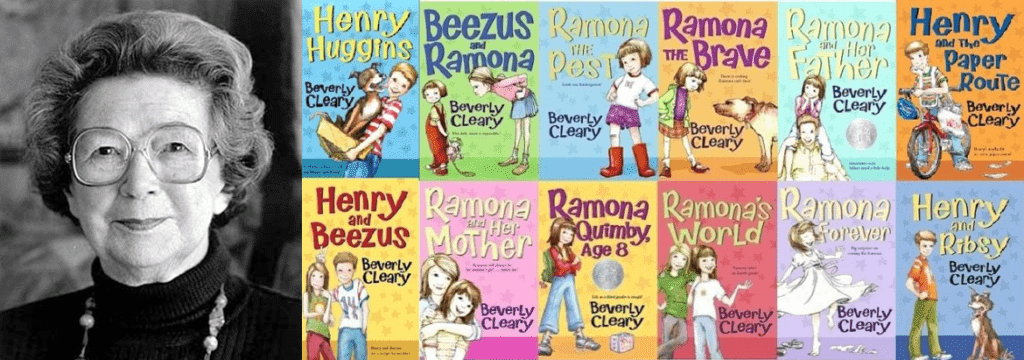)
)
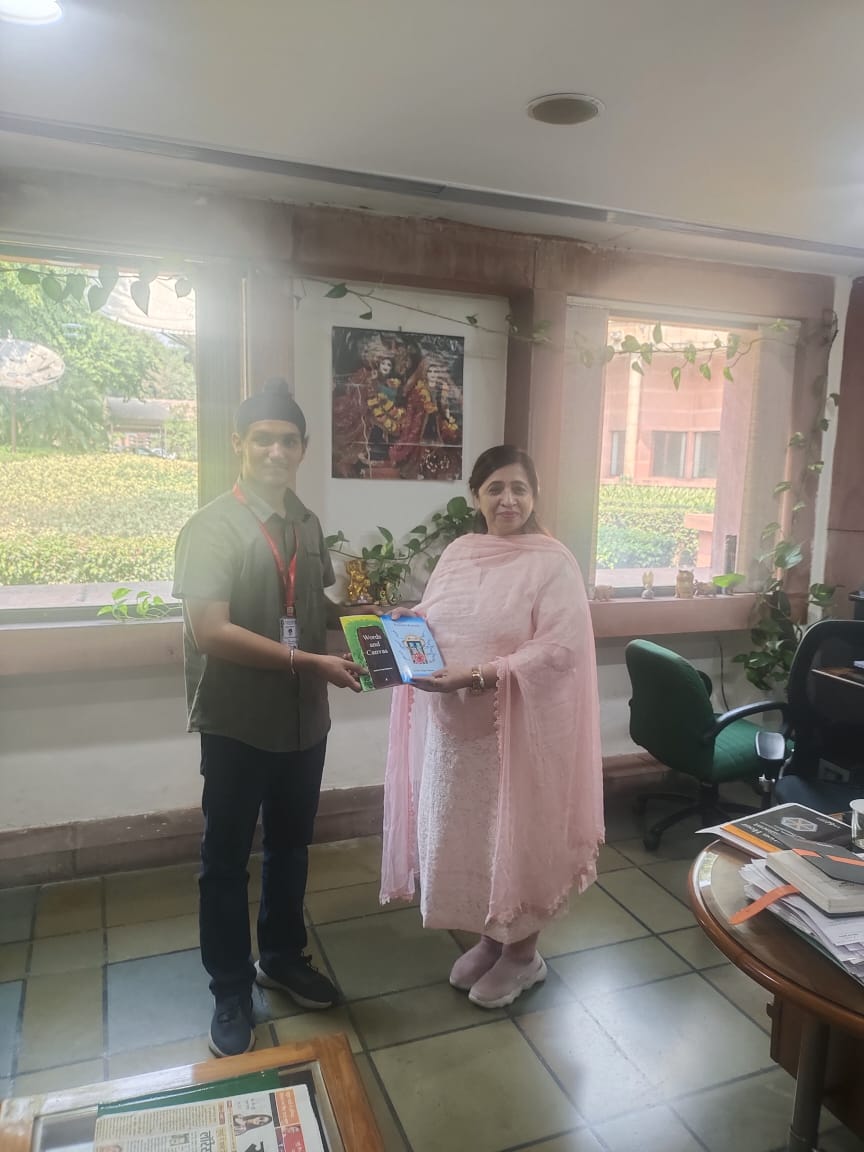)
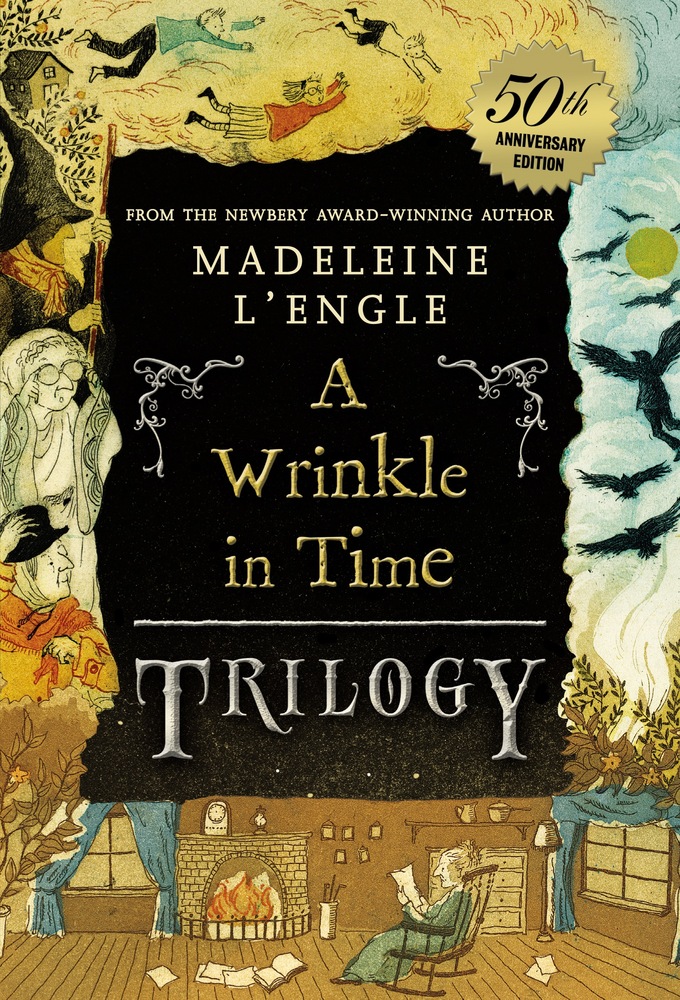)
)
)
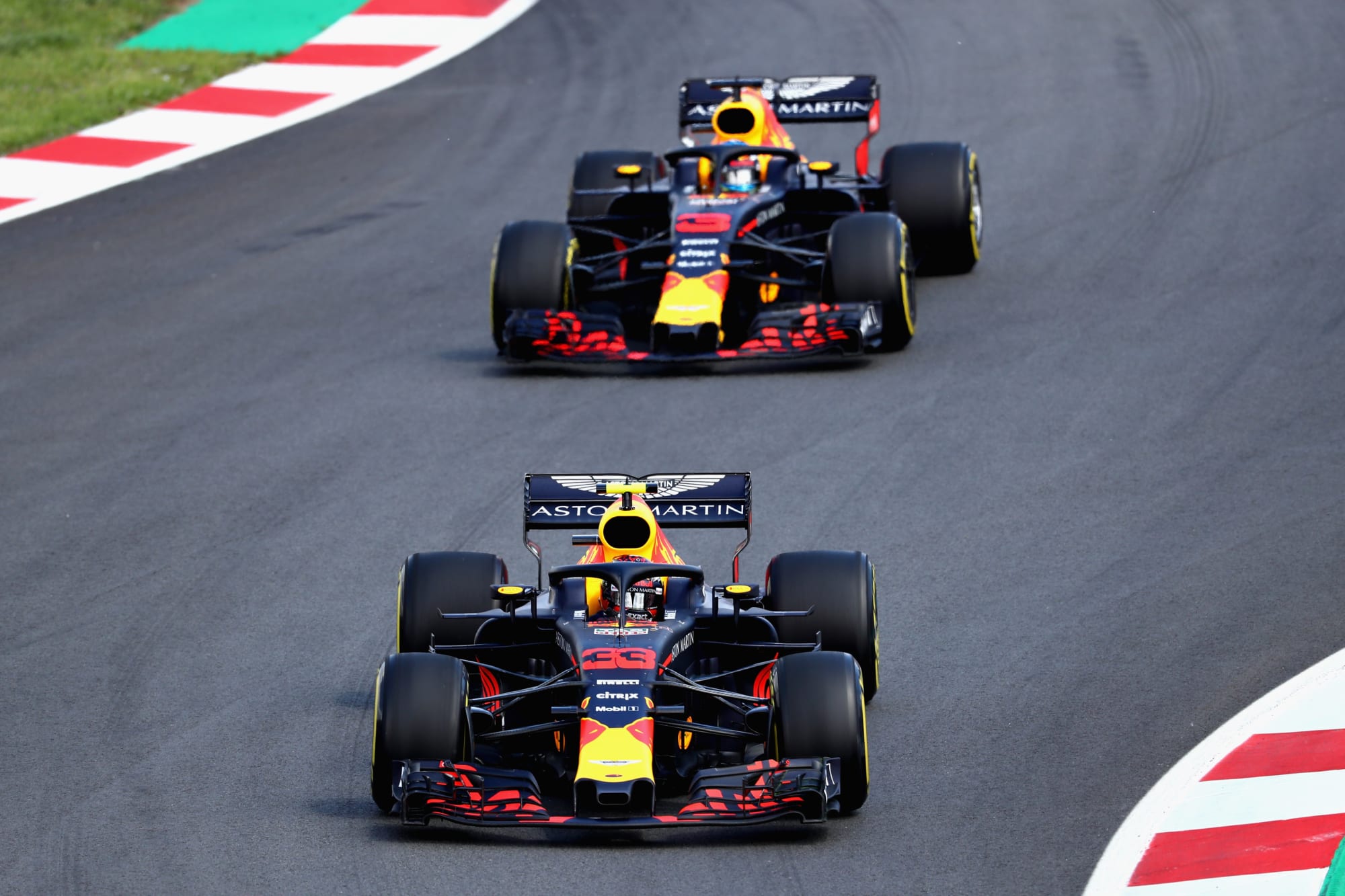)
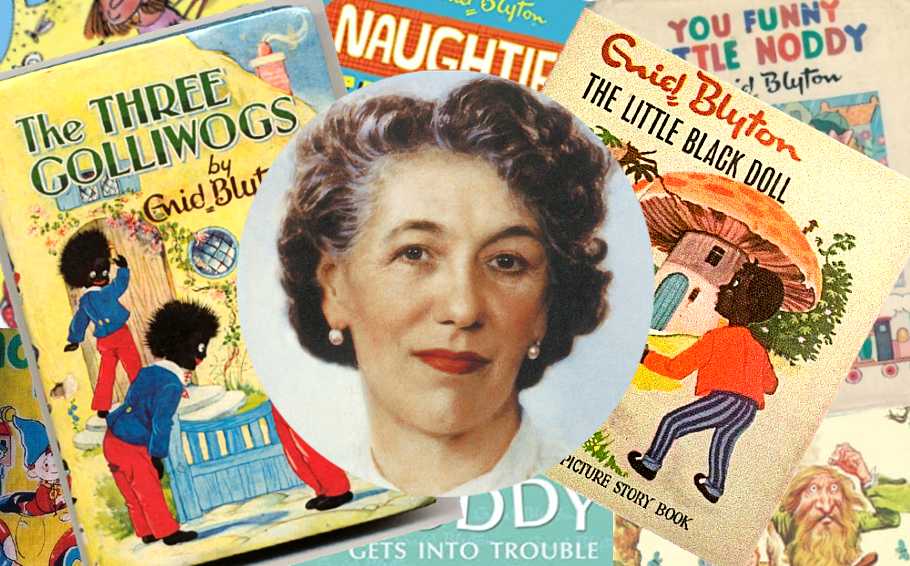)